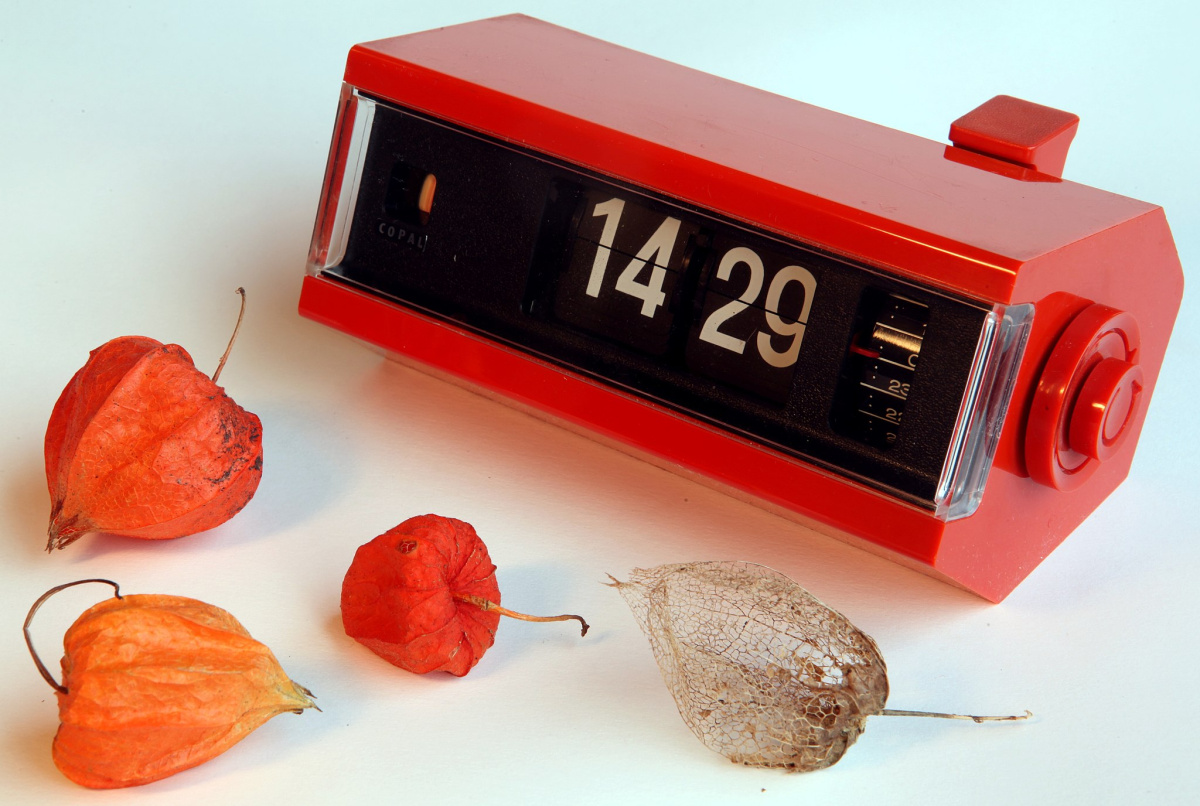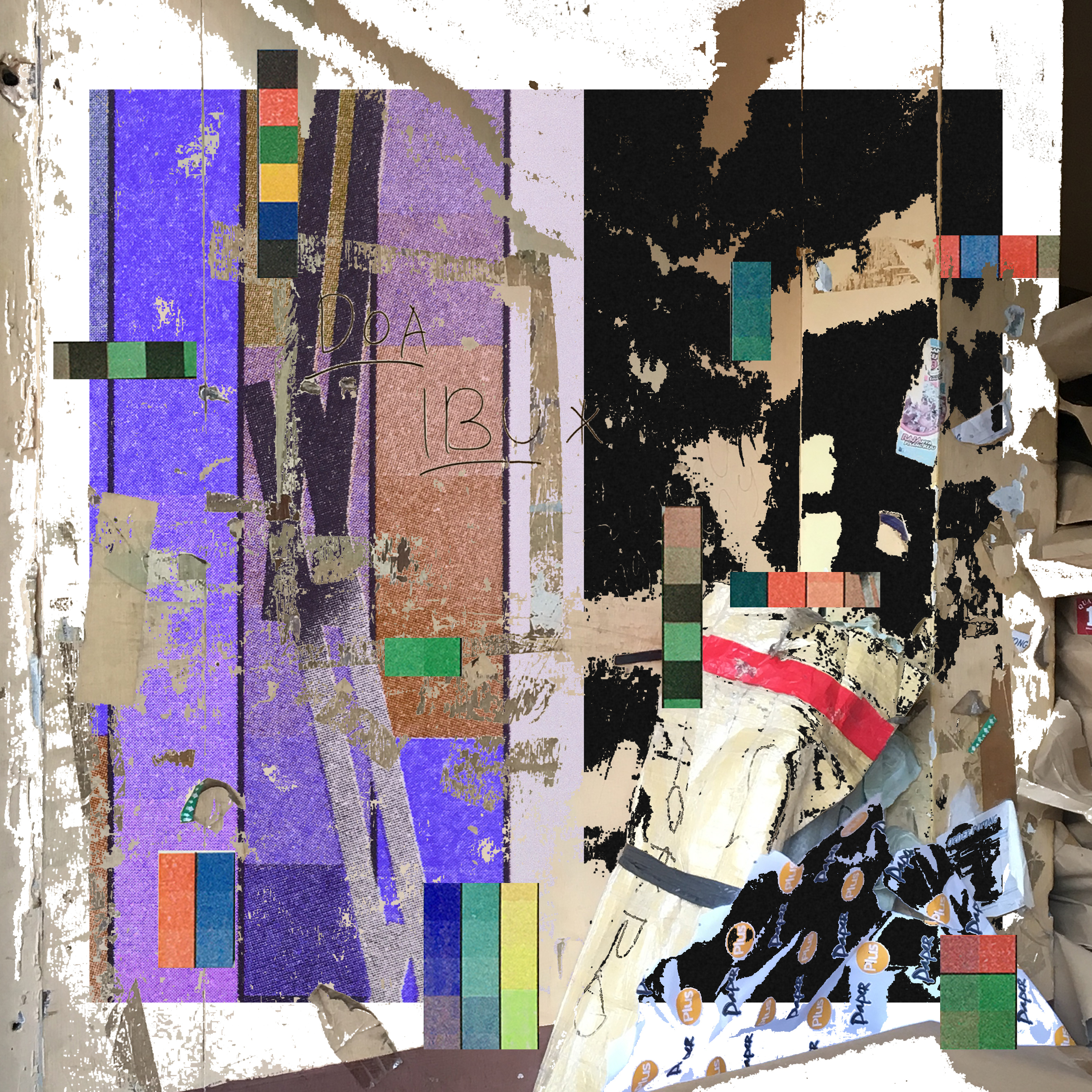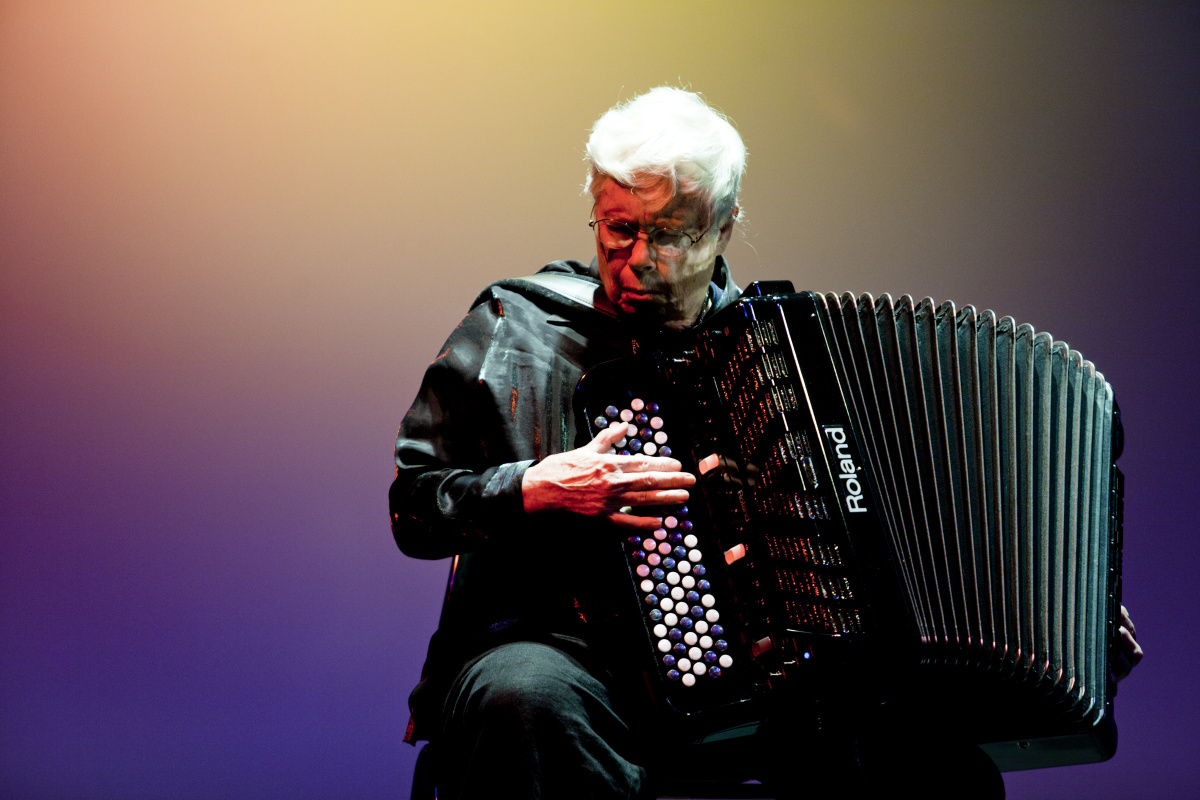Hearing or listening is not a mere execution of the ear’s physiology. It is culturally relative. Yet, whenever hearing happens, the borderland between the audible and inaudible has already been crossed. Read an essay exploring the multiple potentials of acoustic perception.
Translations for hören:
hören
verb
1. hören → listen; hear; obey
current
1. to hear (something)
listen → hören
2. to accept advice or obey instruction
listen → hören
3. to pay attention to a sound
listen → hören; zuhören
4. to perceive with the ear
hear → hören
former
1. make a study of
read → studieren; hören
Hören (listening/hearing) is specific. Without a prefix or preposition attached to it, the German word hören is abstract and describes a purely sensory activity. Once a prefix or preposition (such as zu-, hin-, weg-, nach-, ab-, ein-, an-, or über-hören (to listen, to focus, to listen away, to listen to, to tune in, to overhear)) is added, the efforts of the listener are placed in relation to an activity, influencing their sensory experience, or (in the case of ver-hören (to interrogate) transforming a passive sensory act into an active one or (in the case of ge-hören (to own) determining their ownership. In auf-hören (to stop), hearing becomes synonymous with active mental participation. Hören (listening/hearing) is not a purely receptive process, but a formative and compositional act (bringing things together) whether in an imaginative (hinein- or heraushören) or anticipatory form (voraushören). Whether it is active, passive, or abstract, it distinguishes the audible from the inaudible.
Is what we hear the entirety of the audible or merely the audible part of what there is to be heard (in which case the negative of what is there to be heard would be the inaudible)? As a consequence, could one gain certainty about what they hear? We are training our ears, but does this mean we also learn to listen? Does hören (listening/hearing) actually mean both perceiving what is audible and also being aware of the dimensions of the inaudible?
The listener is asked to keep an ear out – what you hear might be music!
(Nancy 2007)
Hören (listening/hearing) assumes a central perspective: we use it to capture acoustic data in our listening position. Any other position would change our perspective of listening and therefore also what could be heard. All other persons and objects, including the space itself, condition what is to be heard acoustically: their mere presence and position alter it. If what is to be heard is intended to have a central perspective, there is only one perfect position. Any deviations from this will be accompanied by a loss of quality.
However, if what is to be heard is conceived as multi-directional, the question of the perfect position no longer arises. Instead, a spectrum of possible listening/hearing perspectives is created which never aspires to achieve a perfect position and therefore, perfect information. One’s own hören (listening/hearing) and the conditions are subject to become a creative act of perception and the key performative principle.
Politics of Listening
All public expression of musical response – even silence – is inevitably social. Public expression, although freely chosen, is drawn from a finite number of behaviors and styles of discourse shaped by the culture.
(Johnson 1996)
Why do we hear what we hear? Assuming that we are listening to something without previous information that is new to us, the phenomenon of alienation from that which is heard is a constituent ingredient of subjectivity and expression of the discrepancy between our individual self-centredness and our social capabilities. It makes a difference how, where, and with whom we are listening.
Listening is not a natural process inherent to our perception of the world but rather constructed by the conditions of the spaces and times that engulf us. A «politics of listening» is an intervention into and a reorganization of forms that listening takes rather than a call for a platform for voices to be heard. Listening is a political act, a pedagogical process, and an activity that can lead to the development of an organized protocol for engagement.
(Hamdan 2016)
There is no such thing as an empirical quality of listening, but rather a personally individual one. With the use of voice recognition and analysis algorithms for copyright protection, listening becomes quasi-empirical. (Ver-)hören, to mishear, thus becomes a «bug», a technical error. By archiving the audible and the analysis of the recorded, listening becomes political.
Eavesdropping, censorship, recording, and surveillance are weapons of power. The technology of listening in on, ordering, transmitting, and recording noise is at the heart of this apparatus. The symbolism of the Frozen Words, of the Tables of the Law, of recorded noise and eavesdropping – these are the dreams of political scientists and the fantasies of men in power: to listen, to memorize – this is the ability to interpret and control history, to manipulate the culture of a people, to channel its violence and hopes. Who among us is free of the feeling that this process, taken to an extreme, is turning the modern state into a gigantic, monopolizing noise emitter, and at the same time, a generalized eavesdropping device. Eavesdropping on what? In order to silence whom?
(Attali 1985)
Dialectics of Listening
On the border between the audible and the inaudible lies the noise of our own bloodstream, which overshadows our breathless listening.
Noise interferes with established codes, order, discourse, habits, expectations, aesthetics, and morals. It overwrites logic because it is either too much, too dense, too complex, too heavy, too loud, or too chaotic. Whatever it is, it is always too (much of) something. It has the power to suspend judgements such as right or wrong, beautiful or ugly. It causes a crisis for the distinction between activity and passivity. You cannot not hear when your ears are assaulted with noise. Noise confronts us with our own boundaries and thereby forces us to question our own position.
[N]oise is, in some regards, the most abstract yet the most concrete of cultural expressions […]. It is abstract because… it constantly forces… complexity to reach another level which has not yet been explored. Yet it is concrete because its specifity has to do with the unacknowledged residue… that surfaces in a precise sender-receiver situation.
(Mattin 2002)
Something similar occurs with silence. Silence is the denial of the audible or the negation of hören (listening/hearing). In silence there is nothing left to hear/listen to except silence itself, the void before/after/between/underneath/behind the audible. Dialectically speaking, silence is simultaneously a wall of noise (called a «harsh noise wall» within the noise genre) and the wall of noise is a silence. So, what do we not hear when we are listening?
The true object voice is mute, «stuck in the throat», and what effectively reverberates is the void: resonance always takes place in a vacuum – the tone as such is originally a lament for the lost object [...]. In this precise sense, as Lacan points out, voice and silence relate as figure and ground: silence is not (as one would be prone to think) the ground against which the figure of the voice emerges; quite the contrary, the reverberating sound itself provides the ground that renders visible the figures of silence [...]. In other words, their relationship is mediated by an impossibility: ultimately, we hear things because we cannot see everything.
(Žižek 1996)
Dispositifs of Listening
The dispositif of hören (listening/hearing) is the fabric between the audible and the inaudible: the discourses, non-discursive society (institutions), buildings, laws, administrative measures, academic statements, and philosophical or moral standpoints. In short, what can be heard as well as what cannot be heard. In terms of dialectics, the dispositif concept facilitates avoidance of the opposition between subject and object, because now an item can always be analyzed in the context of its situation.
But what are the circumstances of hören (listening/hearing)? Where, how, why, and what do we hear? What kind of sensory experience is created? To what extent are the conditions of hören (listening/hearing), the components of the dispositif, audible and inaudible?
Everyone hears/listens individually and adopts an individual perspective towards the (in)audible. A hearing that comprehends the entirety of the (in)audible is impossible for the individual and thus inaudible. Collective hearing is therefore always merely an approximation to this entirety, the combination of what is heard collectively or the sum of individual hearing experiences. The perfect perspective neither exists nor is it of relevance here.
audible audibles | audible inaudibles | inaudible audibles | inaudible inaudibles
Reports that say that something hasn’t happened are always interesting to me, because as we know, there are KNOWN KNOWNS; there are things we know we know. We also know there are KNOWN UNKNOWNS that is to say we know there are some things we do not know. There are also UNKNOWN KNOWNS; that is to say, things that you possibly may know that you don’t know you know. But there are also UNKNOWN UNKNOWNS – the ones we don’t know we don’t know. And if one looks throughout the history of our country and other free countries, it is the latter category that tends to be the difficult ones.
(Rumsfeld 2002)
Borderland of Hören (Listening/Hearing)
Is the borderland a utopia because it accommodates radical multiplicity? Are borders suspended in the borderland? What internal rules does the borderland follow?
The borderland between what is audible and inaudible is defined by its dimensions and its potential for expansion. It is neither a space with clear dimensions, nor does it accommodate endless expanses. It is more of an alternative to the hard border that distinguishes between here and there. While it feeds off its extremes, it is not a hybrid of either, but a third, fourth, fifth, even multiple development from its origins. Differentiation is its end, ambiguity is its potential, overlapping is its habitat. The borderland is characterized by its diffuse existence, a simultaneity of opposites: interior/exterior, open/closed, against/together, collectively/individually.
Everything is therefore played out among or between us… as its name suggests, this «between» possesses neither its own consistency or continuity. It does not lead from one to the other, it does not form any material, any cement, any bridge. […] This «between» is the distancing and the distance that is opened up from the singular per se, and a spatialization of its meaning. Anything that does not maintain the distance of «between» is nothing but immanence that has conflated into itself and is devoid of meaning.
(Nancy 2000)
While there is the assumption of clear borders in the borderland, it is not possible to locate them precisely. Instead, they tend to be suspended in the realms of speculation: invisible and semipermeable, potential facets. Out of these supposed demarcation lines, the space formulates ambiguities and enhancements. The border space is a paradox, it is simultaneously both expansive and contractive, like a balloon caught in the moment between expansion and deflation. There is constant tension – a state of in-betweenness yet precision.
Being in-between – denotes a particular relationship to boundaries and border zones: a particular attentiveness to intermediate spaces, gaps or chasms that open up between definitions, fields of knowledge and disciplines, and an attentiveness to differences.
(Wallraf 2021)



